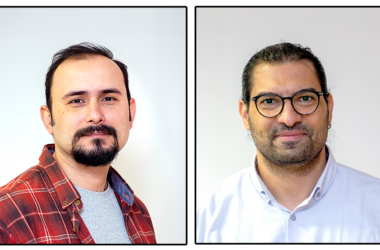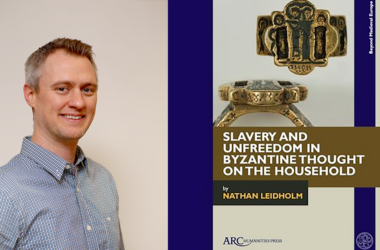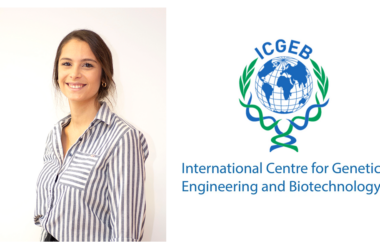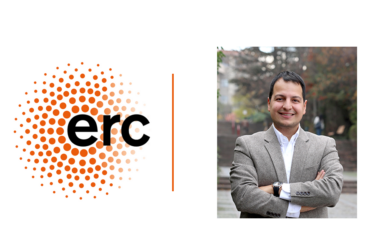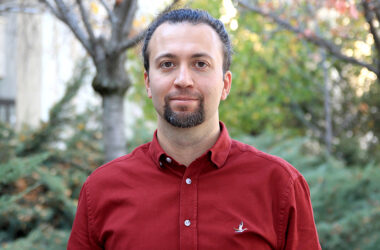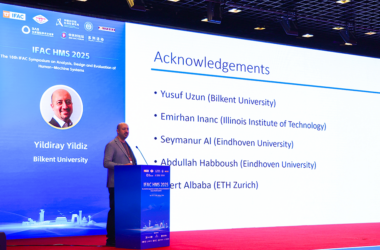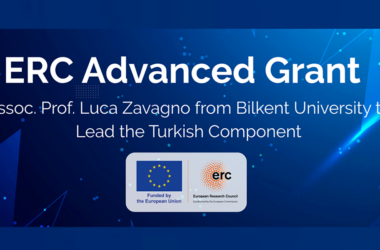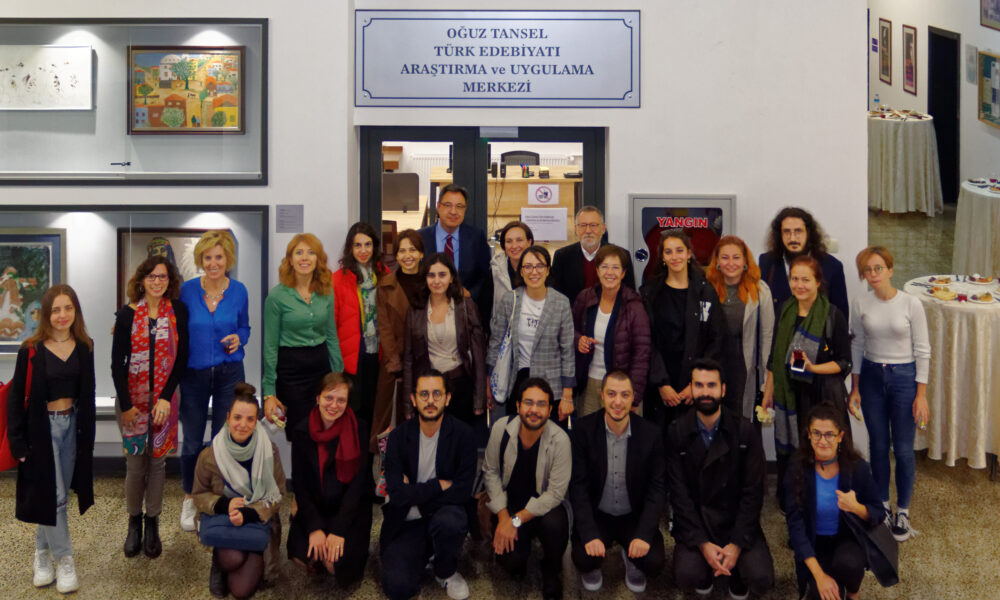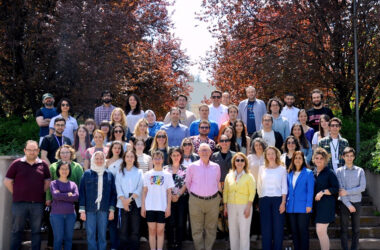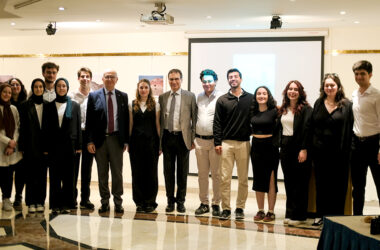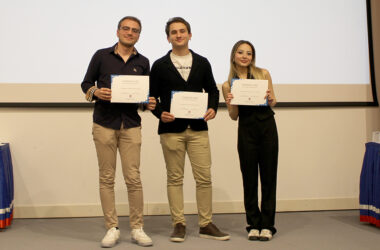On October 14, the Department of Turkish Literature held its annual graduate conference, “Sustainability and Eco-criticism,” at FFB-22. Eighteen participants from different universities shared their research on Turkish Literature in relation to themes such as gender, narrative, politics and history.
The thought-provoking keynote lecture was delivered by Dr. Deniz Gündoğan-İbrişim of Sabancı University. In her talk, Dr. Gündoğan-İbrişim presented a detailed overview of theoretical developments in the field and introduced significant terminology. In the “Eco-Conscious Storytelling” panel, the focus was on the possibility of constructing a more democratized narrative. The panelists problematized the human voice that governs and underlines human superiority in storytelling practices. They then demonstrated how literature can provide alternative, egalitarian and less human-based perspectives. Drawing on a framework that combines eco-criticism with gender theories, the second panel, “Gender and Eco-criticism,” showcased the parallel between human-dominated binary thinking and gender-based norms.
Three panelists rendered literature as a tool that challenges these dichotomies. In the panel “History/Ottoman Literature(s),” the participants analyzed literary works that historicize the human oppression of the environment or represent such catastrophes as draughts and pandemics. Reading closely from their materials, four speakers set literary works as documents of ecological traumas and environment.
The penultimate panel, the “Politics of Literature,” underlined how literary works politicize the environment when representing human anxieties about urbanization and modernization. Finally, the online panel included papers on various themes, such as history, animal studies and narrative.
